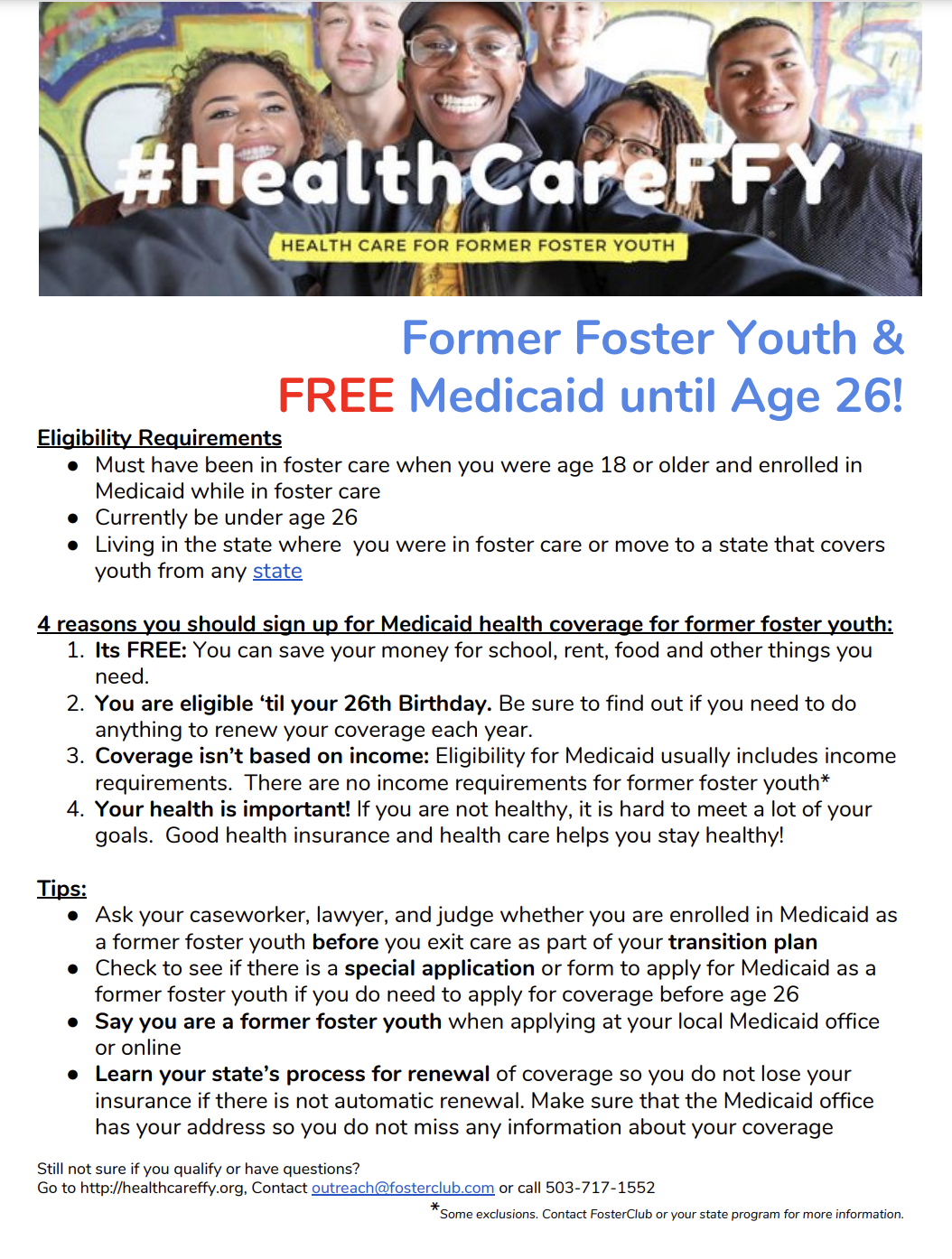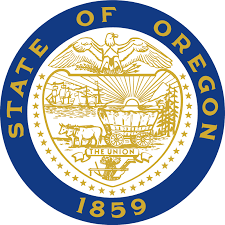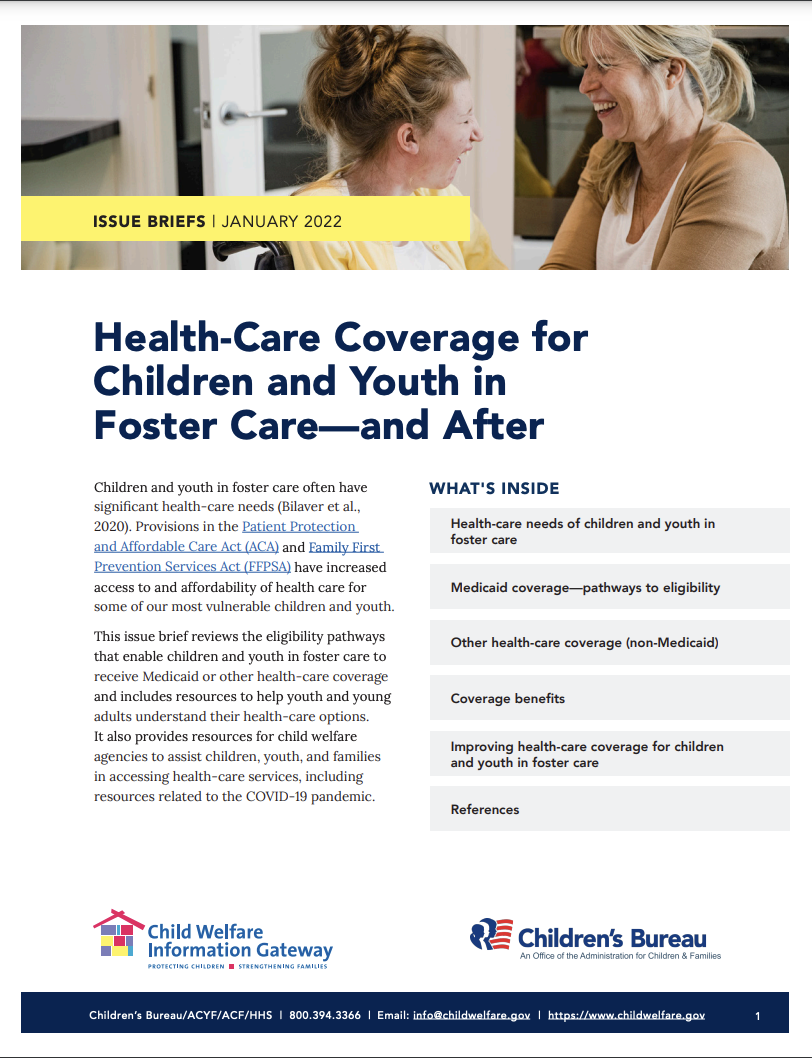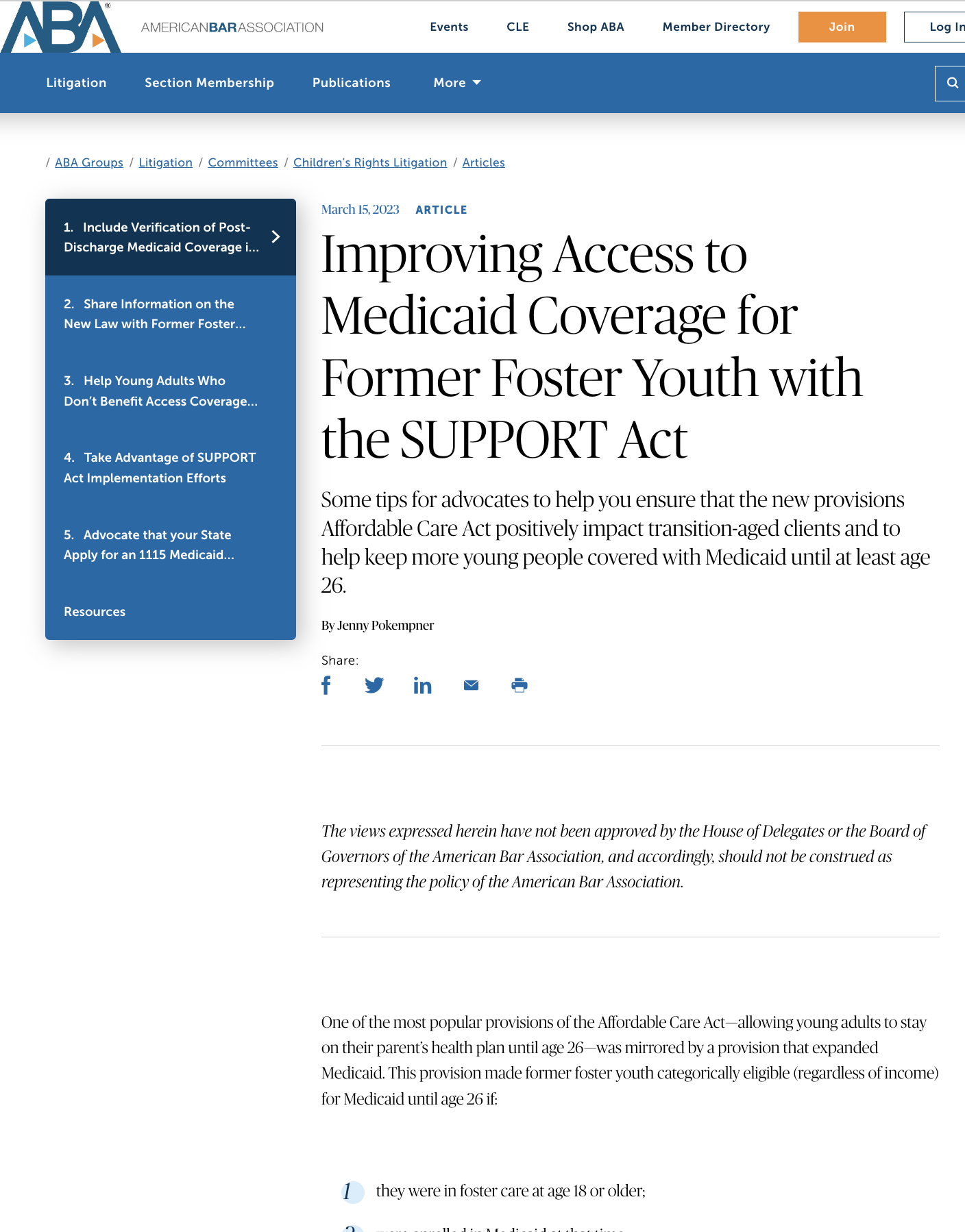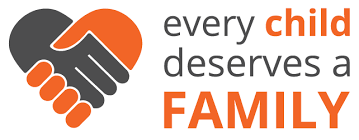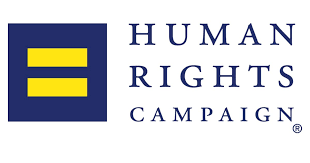
Former foster youth are entitled to health care coverage up to the age of 26.
Why it matters
Youth in and from foster care deserve comprehensive medical support, including mental health care for trauma experienced in foster care. Prioritizing health care is crucial for young individuals, as unforeseen incidents can have long-term financial and educational repercussions. Medicaid ensures that Former Foster Youth up to age 26 receive essential health coverage, acknowledging the importance of accessible health care for them.
What's NEW?
The newest legistation called "The Support Act" now allows young adults who turn 18 after January 1, 2023 Medicaid coverage in any state as long as they meet all the other eligibility requirements. This means that even if you were in foster care in one state, you should be able to access medicaid in another state if you have moved!
Quick Facts
4 Reasons you should sign up for Medicaid health coverage for former foster youth:
It's Free. You can save your money for school, rent, food, and other things you need.
You are eligible 'til your 26th Birthday. Be sure to find out if you need to do anything to renew your coverage each year.
Coverage isn't based on income. Eligibility for Medicaid usually includes income requirements. There are no income requirements for former foster youth.
Your health is important! If you are not healthy, it is hard to meet a lot of your goals. Good health insurance and health care helps you stay healthy.
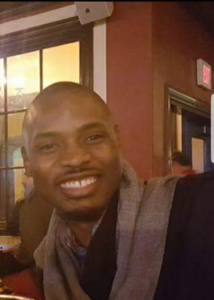
“I think that the need to do outreach is so important. Had it not been for some former foster youth campaigning and doing outreach I would not have found out that I could get insurance and I honestly don’t know if I would have still been here today.”
— Dashun Jackson, FosterClub Young Leader Spent 4 years in Nevada’s foster care system
Want to Learn More?
FosterClub #HealthCareFFY FAQ Sheet for youth
Health-Care Coverage for
Children and Youth in
Foster Care—and After, Child Information Gateway
How we're working on this issue
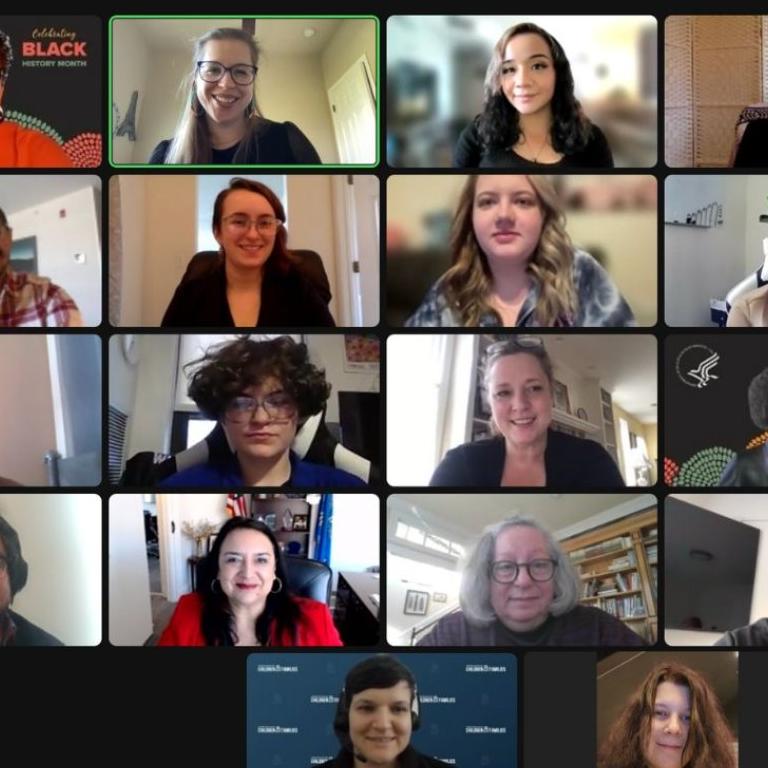
Speaking with Federal Officials About SOGI Data Collection
LGBTQ2S+ FosterClub LEx leaders often meet with federal officials to discuss their experiences related to sexual orientation and gender identity (SOGI) while in foster care. Conversations range from whether youth feel safe disclosing their SOGI, to the impact of coming out during their time in foster care.
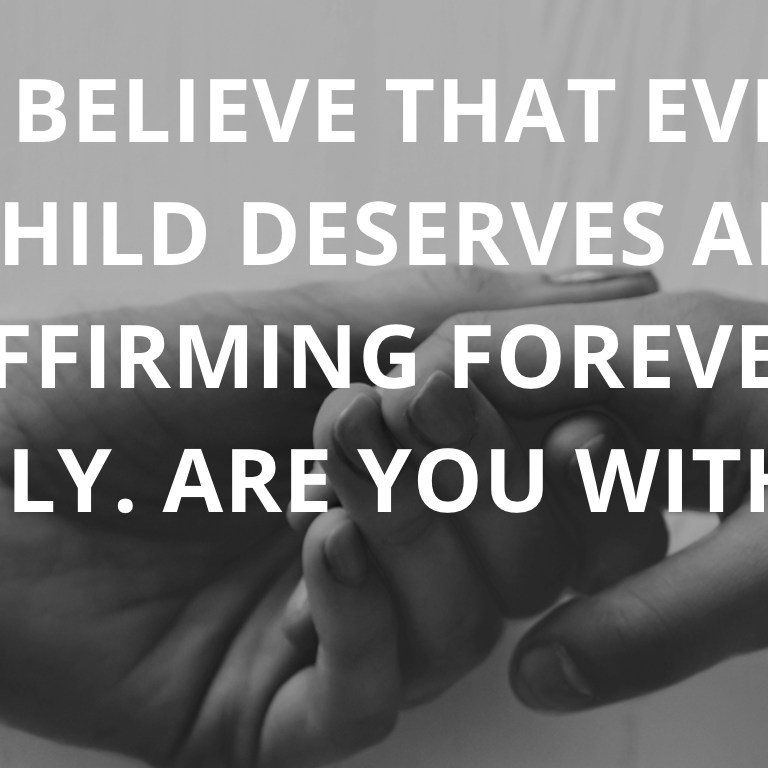
Advocate for Laws to Fight Discrimination by Agencies
LGBTQ2S+ FosterClub LEx Leaders often engage with a coalition of national organizations focused on supporting LGBTQ2S+ youth and families in foster care. For example, upon learning about a new federal rule aimed at preventing discrimination against LGBTQ2S+ individuals by federal agencies, LEx Leaders got together and shared their insights. Their expertise underscored the importance of anti-discrimination protections in ensuring the well-being and success of LGBTQ2S+ youth within the foster care system.
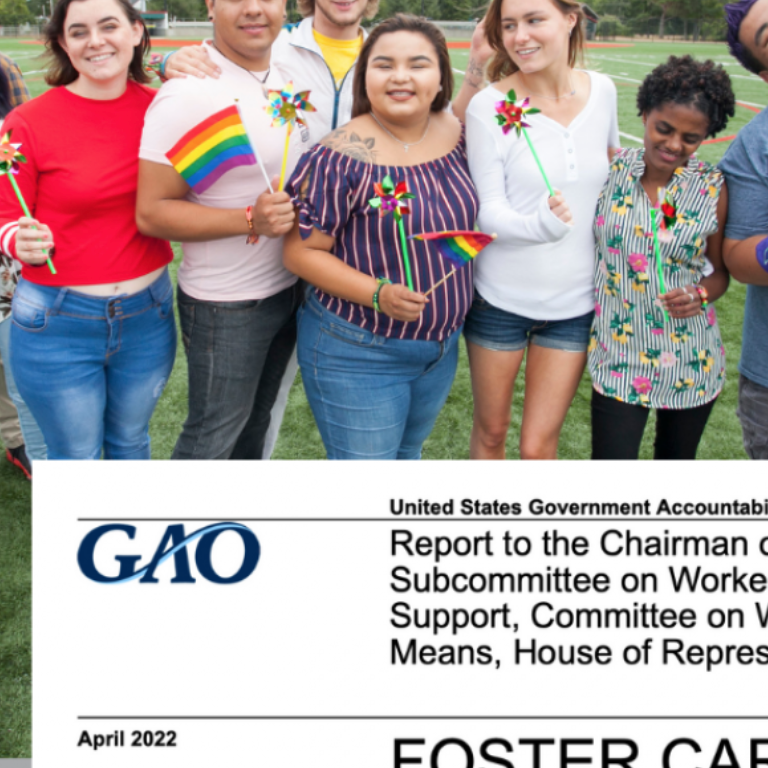
Contributing to Government Reports
LEx leaders collaborated with the Government Accountability Office staff to share their personal experiences in foster care, specifically focusing on LGBTQ2S+ identity and religious experiences. Their input informed a comprehensive report that scrutinized the conditions facing young people in the foster care system. The report offered actionable recommendations for states, suggesting the importance of data collection, the implementation of nondiscrimination policies, and enhanced training for child welfare professionals to better support LGBTQ2S+ youth.
“I could have lost my health care if I had left New York to go to Texas for a surgery that I needed. Losing my health care could have jeopardized all of my hard work and progress toward earning my college degree.”
— Cody Rivera, FosterClub Young Leader Spent 12 years in New York’s Foster Care System

Blogs on Health Care for Former Foster Youth

#FixTheGlitch for Foster Youth
Without Medicaid, a visit to a University Physician may cost me hundreds of dollars because of a legislative glitch. When Congress voted to allow all youth to remain on their parent’s health insurance until age 26, they also granted Medicaid to former foster youth until they reach age 26. This created parity for former foster youth and gave important support...

33 Days that Changed Everything
Thirty-three days is all it took to revoke the opportunities I was promised for so many years. I was in foster care from the age of 11 until 33 days before my 18th birthday when my caseworker reunified me with my family. I had always worried I would fall through the cracks but never thought it would be the way...
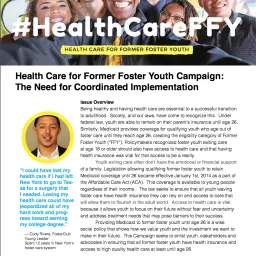
Check out the Webinar and Issue Paper -#HealthCareFFY: Youth Who Relocate From Another State
The #HealthCareFFY Campaign, a collaborative project spearheaded by FosterClub, First Focus- State Policy and Reform Center (SPARC), and Juvenile Law Center are excited to announce the release of the first Issue Paper: Youth Who Relocate From Another State. Jessica Haspel, Children's Now Senior Associate for Child Welfare Policy joined the team, lending her expertise and sharing California's noteworthy practices around...
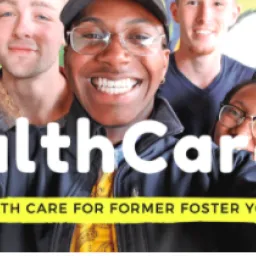
#HealthCareFFY Collaborative Campaign Launched
FosterClub is excited to announce the official launch of the #HealthCareFFY Campaign in partnership with First Focus and the State Policy and Advocacy Reform Center and the Juvenile Law Center. Read the #HealthCareFFY Campaign Overview Paper to learn more about the Campaign. Are you interested in improving your state’s implementation of the provision to cover former foster youth to the...
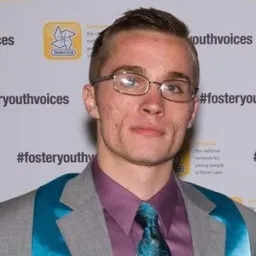
Health Care In Care
Foster care inherently involves confusion, being overwhelmed, and difficulties learning life skills if a youth transitions a lot during their time in care. I definitely am one of those youth. One life skill that I wish I was taught is keeping my medical records, insurance information safe and how to contact my insurance company. I transitioned over twenty times in...
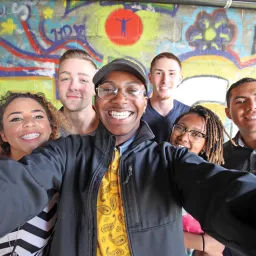
Join us for the Launch of the Health Care for Former Foster Youth Campaign
Are you interested in improving your state's implementation of the provision to cover former foster youth to the age of 26? Join a webinar which marks the launch of the Health Care for Former Foster Youth Campaign, a collaborative campaign designed to assist states in effective implementation of health care for older foster youth. We'll discuss six challenge areas the...

